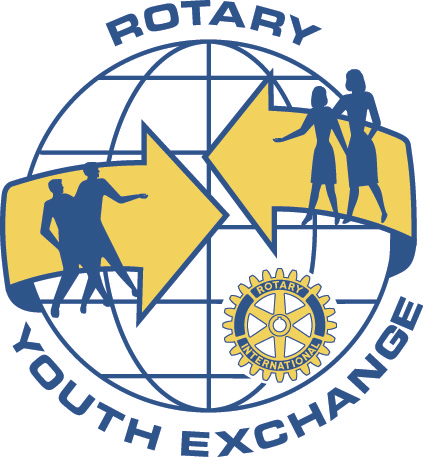HF Training – Becoming Part of the Family
Getting to Know Student
- Review application/ letters and any correspondence with student
- First night questionnaire – all host families (you can also find this in their language and English on the NAYEN website
- Check on allergies, medications and any dietary restrictions.
- Explain/show how things work and what is expected
Day–To–Day
- Treat as a family member – not as a guest – only then students feel “at home” and comfortable.
- Same chores as other children of about same age
- Monitor use of computer/phone – avoid student using in bedroom
- Student should participate in family events (higher priority than being with friends)
- Set bedtimes and curfew and time to get up in morning.
- Monitor friends and regulate just as would with own children
- Monitor who is giving rides and regulate as would own children
- If necessary, be open to setting limits and disciplining
- Be alert for signs of homesickness – usually caused by real time communication with home.
- Be open to students’ religious beliefs, values and customs. Share your own, but do not try and change theirs.
- Weight gain while on exchange is not uncommon.
- Not obligated to always provide transportation to student get-togethers, parties, etc. Perhaps find ride shares.
- Not a tour guide but a good time to visit some of your favorite localities or places you have been wanting to visit
Money and Valuables
- Student has $500 emergency fund – explain uses
- Club provides students a monthly allowance – the amount varies by club
- Allowance is sufficient for school lunch, but most HF provide makings for lunch packed at home.
- Discuss with the student what you will pay for and what you expect the student will pay for.
- Students should pay for all of their clothes/shoes/toys/sports equipment & clothes
- Most clubs (not all) will pay school sports and activity fees.
- Do not loan or borrow money
- When the student first arrives the YEO should help the student set up a bank account – usually with a debit card funded by natural parents or allowance.
- Students must have 24 – hour access to passport and other docs.
- Students may not have a regular job, but may be paid for babysitting or other odd jobs.
School
- First HF register student in school as soon as possible – 11th or 12th grade depending on student and school. Counselor may assist.
- School attendance is required – this is a student exchange
- Allow students to choose as many desired electives as possible – many are not available in other countries and it is not required for students to take “hard core” electives unless they want to. Students must take English and usually US History.
- Promote and encourage students to be involved in school sports and other activities and clubs (band/choir/dance/drama/newspaper/FBLA/etc.)
- Encourage and help students make friends with other local students – not just other exchange students.
- Communicate with the school about how the student is fitting in and doing
- Assist students in getting transcripts and records of schooling for their possible credit use in the future.
- Most inbound students lose a year when on exchange here.
- English testing – why and when and how scored. Students get a certificate at end of their exchange.
Medical and Insurance
- A medical release form signed by the student’s natural parents is included in their application.
- Check immunizations – each student has an Oregon or Washington school immunization form to use in their school registration
- All students have health insurance. Mostly through CISI-Bolduc which hospitals and doctors can bill directly. If student’s host club has doctor or dentist members, it may be possible to receive donated services. The YEO and Club Counselor have access to a printed version of the student’s insurance card.

